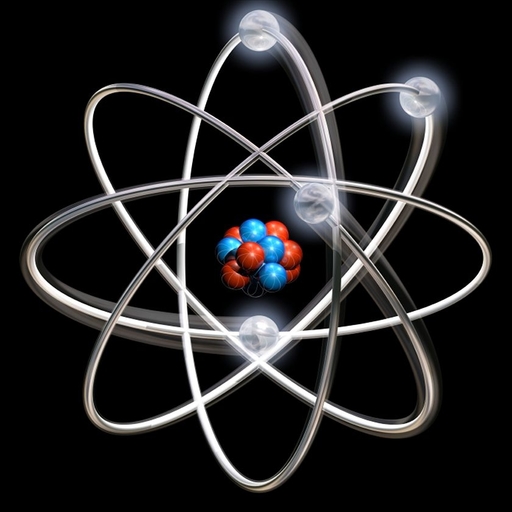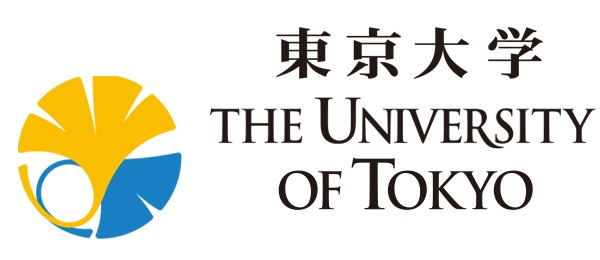Loop-based quantum computing technique, the "ultimate" method.
.jpg)
Physicists are working to harness the properties of atomic particles to build faster computers based on light transmissions.
Loop-based quantum computing technique
In an article published by University of Tokyo, professor Akira Furusawa and assistant professor Shuntaro Takeda announced the invention of the loop-based quantum computing technique.
It's a new aproach invented to provide a far larger number of calculations more efficiently than existing quantum computers.
Many pulses of light, each carrying information, are allowed to go indefinitely around in a loop circuit. Switching from one task to another, the circuit preform multiple tasks rapidly through instant manipulations of the pulses.

“We’ll start work to develop the hardware, now that we’ve resolved all problems except how to make a scheme that automatically corrects a calculation error” Furusawa said.
In 2013, Furusawa's team developed a basic system for optical quantum computing. The system requires more than 500 mirrors and lenses and occupies space 4.2 meters long and 1.5 meters wide, while it can handle only one pulse.
To boost the capacities, many units need to be connected. But that is difficult, given the size and complicated structure of the system.
In the new approach, a single circuit plays the role of many such systems.
In other types of quantum computers, including those using superconducting circuits, some are capable of handling up to dozens of qubits, or quantum bits, the basic unit of information in quantum computing.
Furusawa’s new approach will allow a single circuit to process more than 1 million qubits theoretically, his team said in a press release, calling it an “ultimate” quantum computing method.
- Credentials :
- University of Tokyo.
- First picture : http://www.abc.net.au/